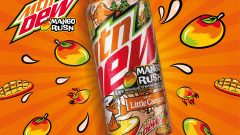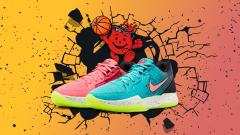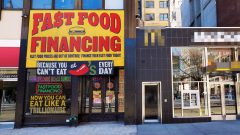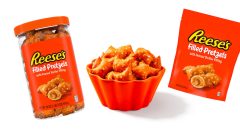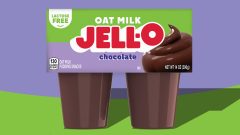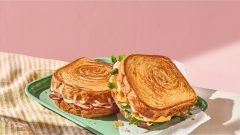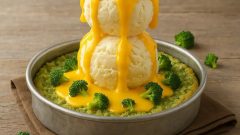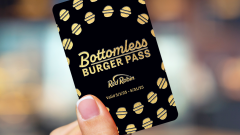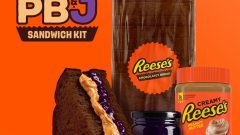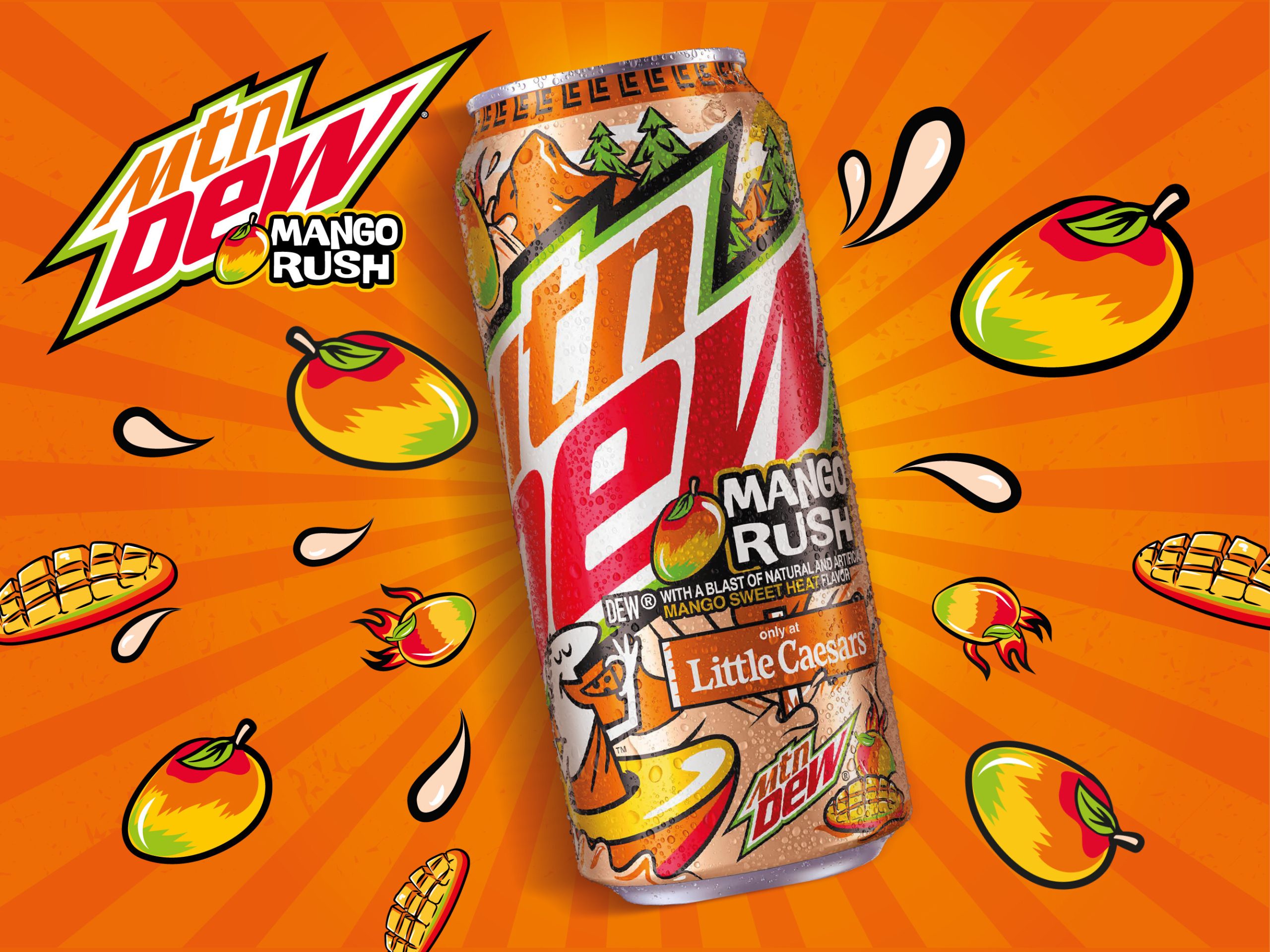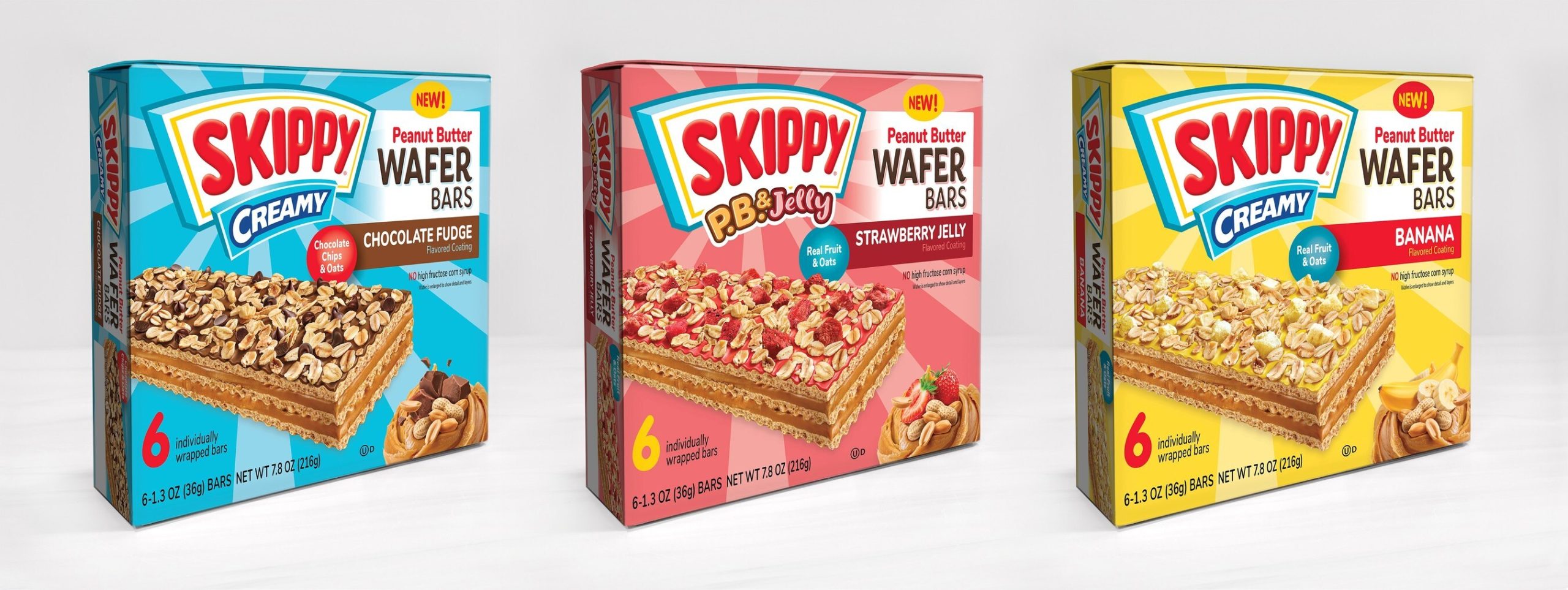Pause The Plastic Straw Bans, The Disabled Community Still Needs Them
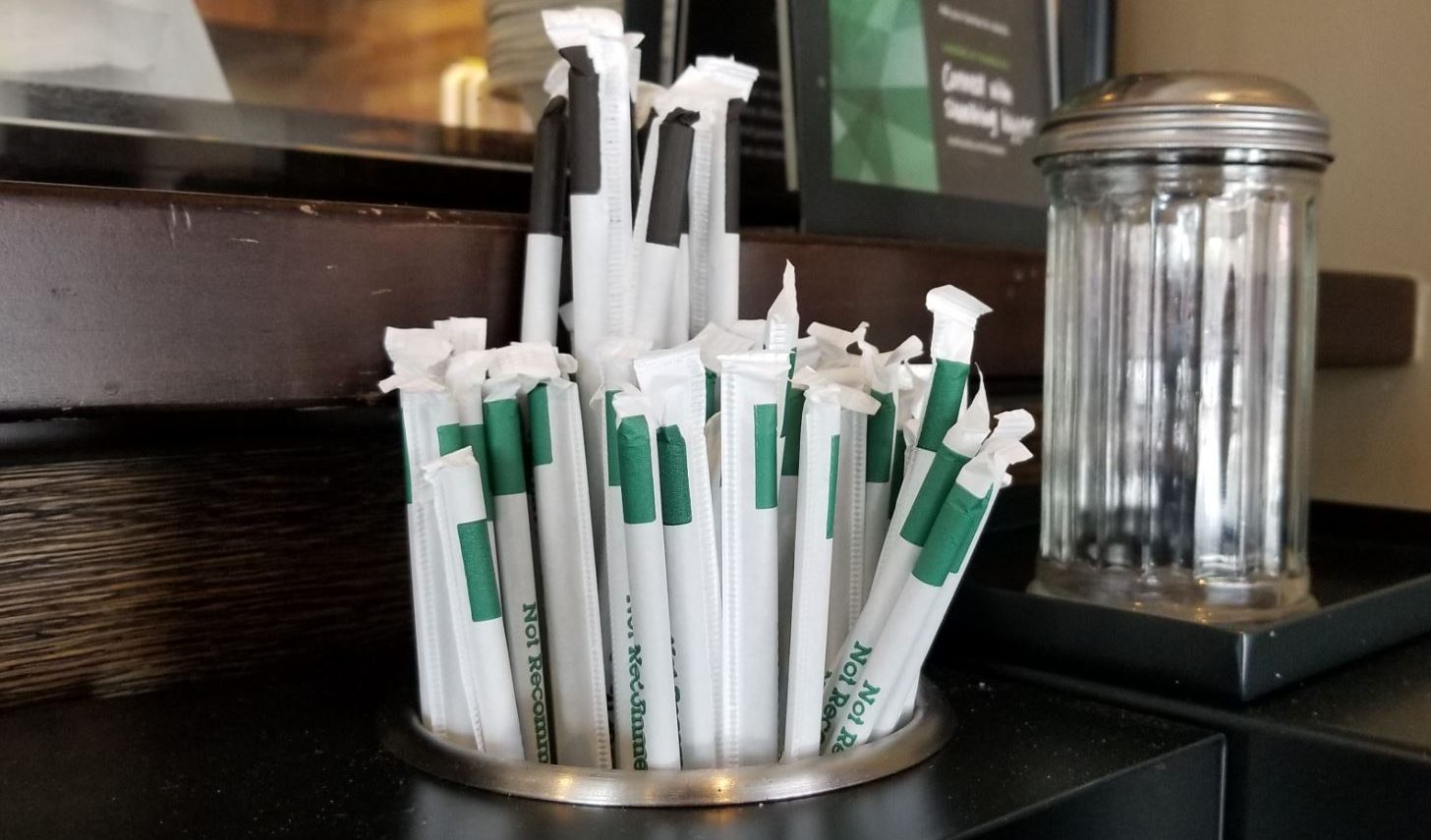
With all the talk of plastic drinking straws being banned from major fast food establishments such as Starbucks and McDonald’s, there seems to be a demographic that has been lost in all this.
The disabled community isn’t totally on board with the straw bans, as straws are a helpful tool for those who may not be physically able to drink something comfortably otherwise.
Disability Rights Washington wrote a letter to the Seattle City Council, making sure the voices of those with disabilities, were heard.
One of the key points in the letter was, “Many people with physical disabilities such as cerebral palsy and multiple sclerosis require the use of plastic straws in order to hydrate. Other types of straws simply do not offer the combination of strength, flexibility, and safety that plastic straws do.”
These were initial concerns upon Seattle passing the plastic straw ban, as the importance of plastic straws to the disabled, seemed to be lost.
Advocates for the disabled have also taken to Twitter to voice their concerns, arguing that plastic straw alternatives are inefficient, and even harmful.
Imani Barbarin posted a photo showing all the plastic straw alternatives, and each seem to have a flaw that is detrimental to the disabled community, whether it be a choking hazard, injury risk, unable to be positioned, or even terrible in high temperatures.
— Crutches&Spice (@Imani_Barbarin) July 15, 2018
It probably didn’t help environmentally-conscious advocates that Dune Ives, who helped push the Seattle ban, basically said that the straws themselves aren’t the big problem, and the ban mostly serves as a conscious reminder of how much we rely on single-use plastic.
Reusable straws are a problem for several reasons.
1. It puts the burden of accessibility on already overburdened people. This is sometimes referred to, in the context of Disability, as #CripTax.
2. Practically, reusable straws require sterilization before/after use. 1/— Eb (@EbThen) July 14, 2018
With valid concerns, the current straw bans actually aren’t as strict as one might think.
In Seattle, where the entire city has banned the regular use of plastic straws, restaurants are still required to carry some to give customers upon request.
The law states that the ban will not apply for:
“Disposable flexible plastic drinking straws when needed by customers due to medical or physical conditions and for whom flexible compostable paper straws are unsuitable. Otherwise, straws must be compostable or designed to be reusable.”
So at least Seattle, one of the first U.S. cities to run this type of plastic utensil ban, made sure that those with medical disabilities have access to flexible, adjustable straws.
Just last week, Starbucks made the big announcement that they’d eliminate the use of plastic straws by 2020, instead using compostable straws and/or straw-less lids.

With the concerns raised by disability rights advocates, Starbucks addressed the issue in a statement, saying:
“Starbucks offers, and will continue to offer straws to customers who need or request them in our stores. Starbucks recent announcement about straws will not impact the ability of those who need straws to access them. We take an inclusive design approach to all packaging to ensure that all customers will be able to enjoy their Starbucks beverages.”
In the statement, Starbucks did not specifically say that it would keep plastic, disabled-friendly straws, drawing concern that they did not fully comprehend that compostable straws were not the answer, but it did sound like they are keeping the concerned community in mind.
We’ll have to wait and see how far all these plastic straw bans go, but thankfully there are people fighting for disabled rights, and making sure that even large corporations like Starbucks take note.



